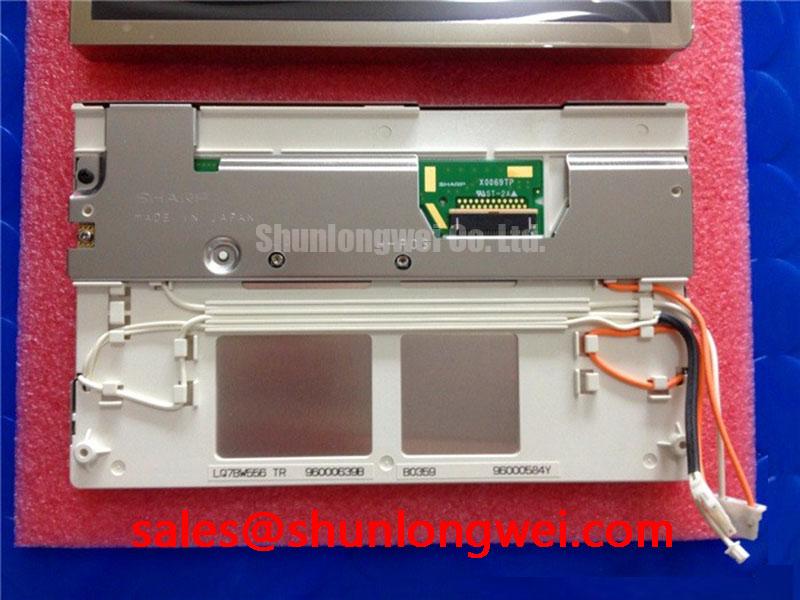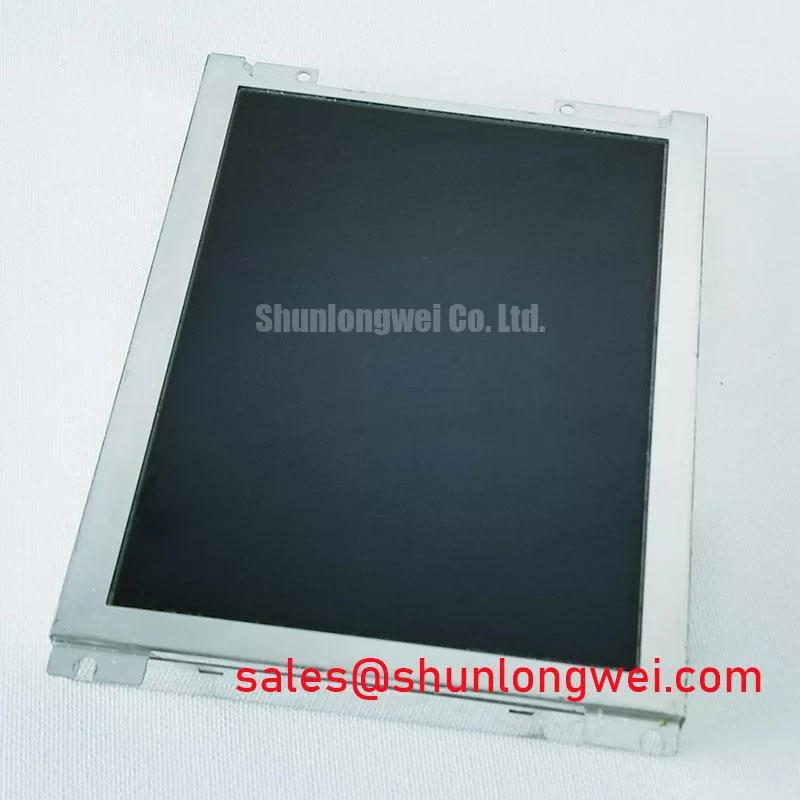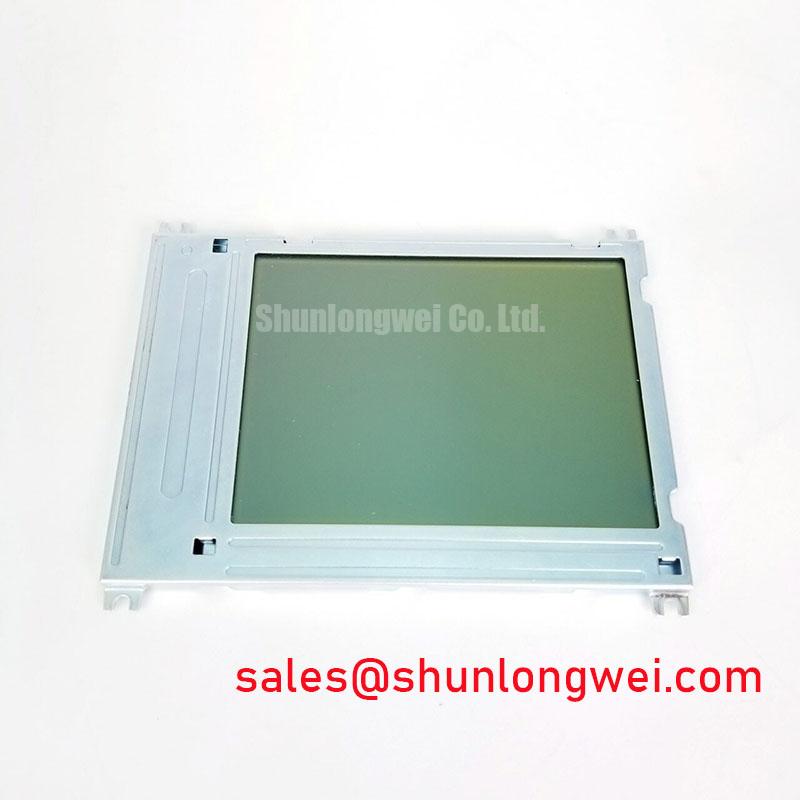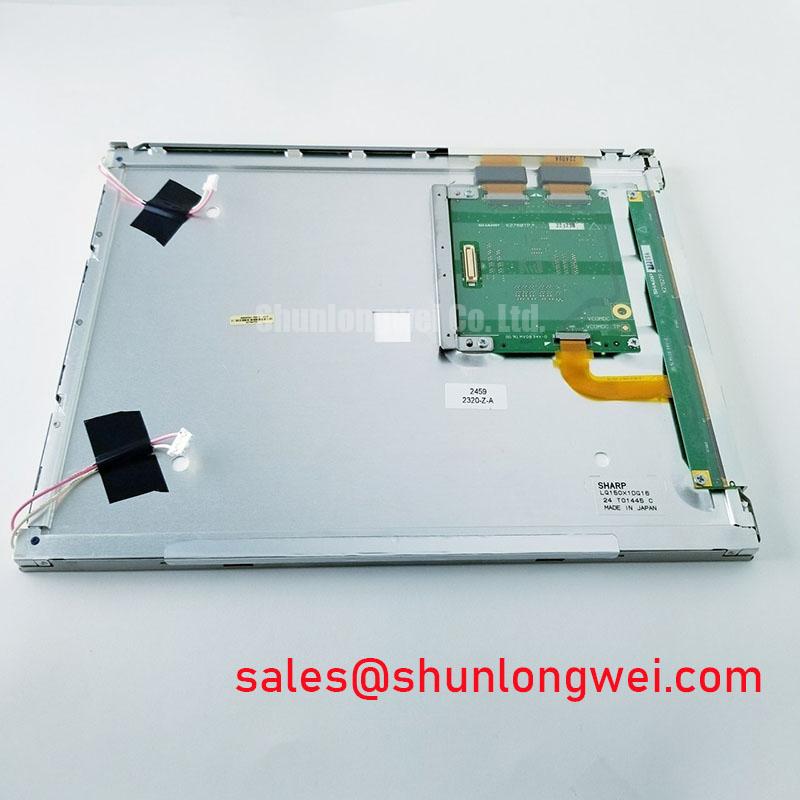Content last revised on November 14, 2025
Sharp LQ104S1DG31 10.4" SVGA Industrial TFT-LCD Module
Engineered for Visual Consistency in Demanding Environments
The Sharp LQ104S1DG31 is a 10.4-inch SVGA TFT-LCD designed for long-term dependability in industrial and commercial applications. Its construction prioritizes operational stability across fluctuating environmental conditions, ensuring consistent performance where it matters most. How does this display maintain uptime in challenging settings? Through an extended operating temperature range and an anti-glare surface, this module delivers sustained visual clarity for critical Human-Machine Interfaces (HMIs) and monitoring systems.
- Top Specs: 10.4” Diagonal | 800x600 SVGA | 350 cd/m² Brightness
- Key Benefits: Wide operational temperature range. High readability in ambient light.
Operational Environments: From Factory Floors to Field Instruments
The LQ104S1DG31 is specified for deployment in a variety of settings where environmental control is not guaranteed. Its feature set provides tangible value across multiple sectors. What defines the LQ104S1DG31's readability? Its anti-glare surface treatment ensures clarity in high ambient light. The panel's ability to function reliably in temperatures ranging from -10 to +65°C makes it a suitable candidate for unheated warehouses, enclosed outdoor kiosks, and factory automation control panels that experience significant thermal cycling.
Primary application areas include:
- Industrial HMI Panels: Providing clear, non-reflective visuals for machine control, process monitoring, and data entry in manufacturing facilities.
- Test and Measurement Equipment: Delivering precise readouts for portable or benchtop instruments used in field service or laboratory settings.
- Medical Monitoring Systems: Offering stable and clear display of vital information on patient monitoring devices and diagnostic equipment where reliability is paramount.
- Transportation Displays: Suitable for in-cabin displays in logistics vehicles or public transit systems that must withstand temperature swings and vibrations.
For systems requiring SVGA resolution with proven durability in uncontrolled thermal environments (-10 to +65°C), this module offers a more reliable choice than standard commercial-grade displays. Its design directly addresses the engineering challenges of vibration and temperature, contributing to a lower total cost of ownership through enhanced operational uptime.
Datasheet-Verified Performance Metrics
The following parameters are derived from the official specification document and are provided to support your system integration and design evaluation. For complete details, please refer to the product datasheet.
Download the LQ104S1DG31 Datasheet
Display Characteristics
| Parameter | Specification |
|---|---|
| Screen Size | 10.4 inch (26 cm) diagonal |
| Display Technology | a-Si TFT active matrix |
| Resolution | 800(H) x 600(V) pixels (SVGA) |
| Active Area | 211.2(H) x 158.4(V) mm |
| Pixel Pitch | 0.264(H) x 0.264(V) mm |
| Surface Luminance (Typical) | 350 cd/m² |
| Contrast Ratio (Typical) | 300:1 |
| Surface Treatment | Anti-glare |
Electrical and Environmental Ratings
| Parameter | Specification |
|---|---|
| Logic Supply Voltage (VCC) | 3.3 V |
| Backlight System | 1 CCFL, side-light type |
| Operating Temperature | -10°C to +65°C |
| Storage Temperature | -30°C to +70°C |
Engineering for Environmental Stability
A component's resilience is a direct result of its foundational design. The Sharp LQ104S1DG31 integrates several features that contribute to its mechanical and thermal robustness. The panel's specified tolerance for vibration (9.8 m/s² from 10-55Hz, non-operational) indicates a construction intended to endure the subtle but persistent mechanical stresses found in industrial machinery and mobile systems. For an in-depth analysis of display technologies, see The Ultimate Guide to TFT-LCD.
The selection of an anti-glare surface is another crucial engineering decision. This treatment diffuses incident light, which is analogous to how a frosted window scatters light to prevent harsh reflections. In an HMI context, this scattering minimizes specular reflections from overhead lighting or sunlight, thereby enhancing the contrast ratio perceived by the operator and reducing visual fatigue over long shifts.
Data Points for System Integration
When evaluating display modules, direct parameter comparison provides essential data for informed decision-making. The LQ104S1DG31 is part of a broad category of industrial displays. To support your design process, consider how its specifications align with your system's primary requirements.
For applications where a different form factor or higher resolution is necessary, other modules may present alternative characteristics. For example, systems designed for more compact spaces might evaluate a smaller diagonal display such as the LQ064V3DG06. The key is to match the component's datasheet-proven capabilities with the target application's environmental and performance demands. A thorough review of mechanical drawings and interface specifications is a critical step in this process. Further reading on making displays readable in difficult lighting can be found in our Sunlight Readable HMIs guide.
The Strategic Value of Resilient HMI Components
The trend towards distributed control and monitoring systems in industrial automation places greater emphasis on the reliability of components at the edge. A display module like the LQ104S1DG31 is not merely a passive output device; it is an active component in a system's operational chain. Its failure can lead to downtime, safety risks, and costly field service interventions. By specifying components with verified environmental resilience, system architects build a foundation for higher overall equipment effectiveness (OEE) and a more favorable long-term cost profile.
Frequently Asked Questions (FAQ)
1. What is the impact of the -10°C to +65°C operating temperature on system design?
This range allows the LQ104S1DG31 to be integrated into systems without requiring complex and costly active heating or cooling systems in many industrial and semi-outdoor environments. It simplifies thermal management design and reduces the overall system bill of materials (BOM).
2. What is the typical lifetime of the CCFL backlight, and are there considerations for replacement?
The datasheet specifies a typical backlight lifetime of 50,000 hours to half-brightness. Engineers should factor this into the product's service and maintenance plan. The backlight unit is designed to be replaceable, which is a key consideration for applications requiring very long operational lifespans and maintainability.
To inquire about the Sharp LQ104S1DG31 for your project, please contact our technical sales team with your specific system requirements and project scope. We can provide further documentation to support your engineering and procurement teams.















